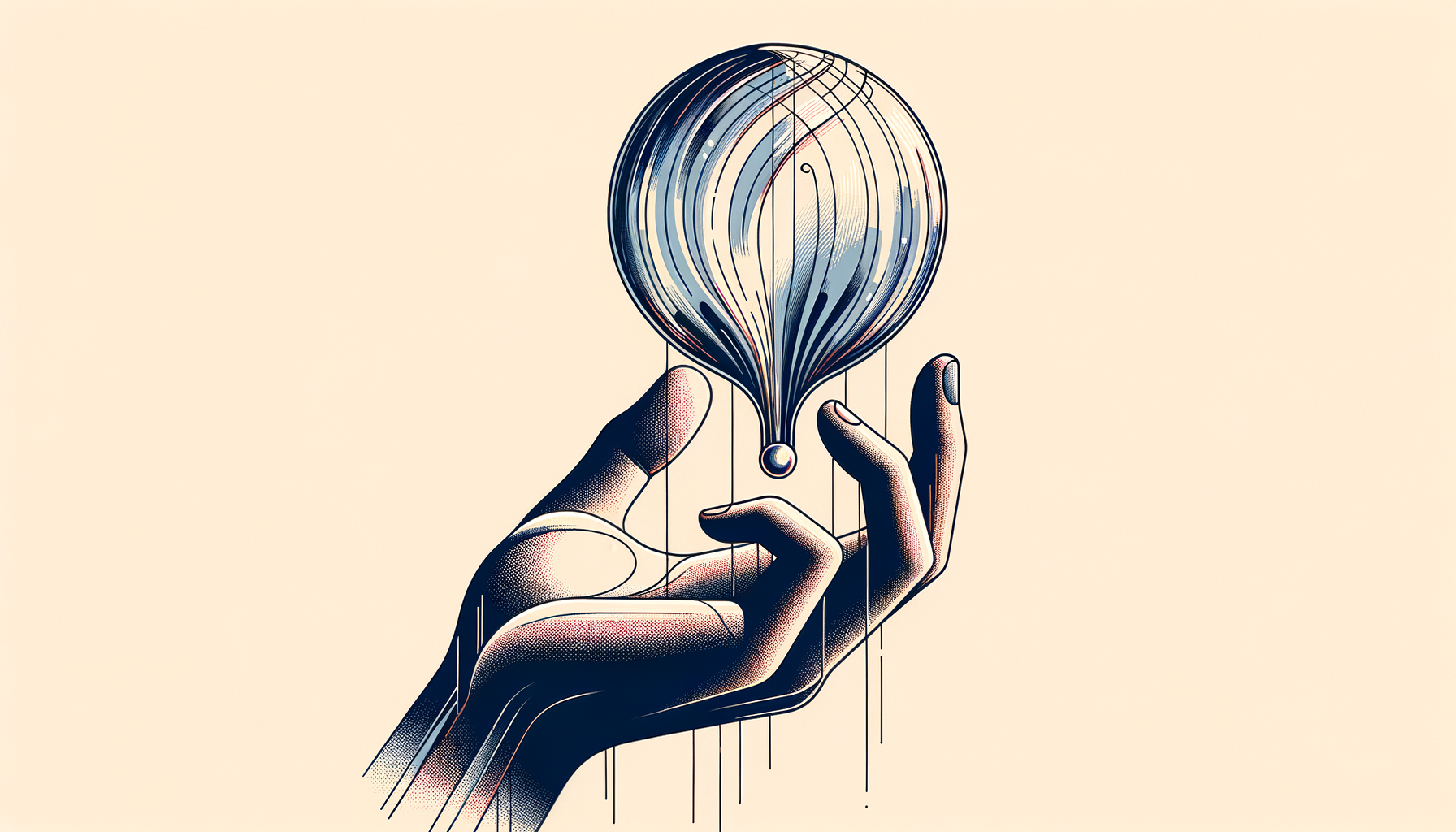If I had a nickel for every time someone misunderstood what I do for a living, I’d have enough to buy a round of overpriced lattes for the entire office. People tend to think writing about relationships is all about candlelit dinners and sage-like advice whispered over a perfectly plated charcuterie board. Spoiler alert: it’s not.
Let me dispel some myths, clear the air, and remind you that no, I’m not Carrie Bradshaw typing in her Manhattan apartment while sipping a cosmopolitan.
Myth 1: All I Do Is Write About Feelings (Cue the Soft Focus)
Let’s start with the big one—emotions. Sure, my job involves writing about feelings, but it’s not the “live, laugh, love” monologue you’d expect. People imagine me sitting by a dusty window, penning romantic sonnets or dispensing wisdom about soulmates, when in reality, I’d describe my office vibes as “cocktail of chaos.”
To crack into the deeper truths about relationships, I need to chew through research. Studies on interpersonal dynamics. Data from psychologists on attachment styles. Reader feedback that essentially serves as Yelp reviews for my content (“More tips, less storytelling—3/5 stars”). Love isn’t just ethereal bliss; it’s a science with charts and graphs and the occasional head-desk moment.
And while I try not to drop phrases like “neurotransmitter bonding” that might make your eyes glaze over faster than unseasoned leftovers, there’s a methodical structure behind the warm, conversational tone. Love is complex, and untangling its knots requires a multitool—not a feather quill.
Myth 2: I Must Be a Relationship Expert (LOL).
People often think I have my love life perfectly sorted because I write about relationships. As if typing out smart quips about intimacy somehow transforms me into a real-life Hitch. I can assure you that’s not true.
I’ve ghosted, been ghosted, and sent my fair share of “is this too long to be an acceptable text?” messages. From fumbling my way through college relationships at ASU to wondering whether sharing my HBO password with someone meant we were official, I’ve been through it all.
Here’s a little secret I’ll share with you: part of what makes me good at my job is that I’m human. My take on relationships isn’t born from a flawless track record but from real, messy, “Oops, did that text have a typo?” moments. The key to writing relatable content? Being able to laugh at those moments. Trust me, nothing unlocks creativity quite like recounting the time you mistook “casual” dating for showing up to a six-course dinner in sneakers.
Myth 3: All I Need Is Inspiration and My Laptop
“Oh, your job must be so easy! You just get inspired and start typing, right?” I hear this one a lot—usually from someone who thinks inspiration strikes like a lightning bolt rather than what it actually resembles: a stubborn cactus plant you have to coax and water to life.
Writing is work. Period. Want to know the glamorous reality? Some days I stare at my screen, waiting for words to break through my creative tumbleweed of writer’s block. Other days, I’m editing the tenth draft of an article at 9 p.m., because somewhere along the way I used the word “genuine” nine times, and someone’s gotta scrub that mess.
If anything, writing about dating and relationships is harder than other genres, mainly because I can’t recycle clichés. No one’s here for “Communication is key!” or “Love yourself first!” My readers want depth, wit, and practical tips wrapped in storytelling. So I dig deep, trying to avoid being trite while still being approachable. It’s like balancing on one of those backlit golf course bridges from my childhood—beautiful, but one wrong move and you’re falling in the water.
Myth 4: Writing About Relationships Is Always Fun
Don’t get me wrong—my job is fun. But sometimes it feels like trying to coach someone through their first hike in the Sonoran Desert. You want to warn them about the rattlesnakes (a.k.a. toxic dynamics) while convincing them the trail (a.k.a. love!) is worth it.
Here’s the reality: Writing about relationships also means diving into heavy stuff. Breakups. Betrayal. Loneliness. Not every topic is a marriage proposal montage set to Ed Sheeran’s greatest hits. And when you write about this for a living, you sometimes start living it too. It takes effort to compartmentalize my work from my personal life. Occasionally, that overlap sneaks in—like the time I started analyzing a friend’s fight with their boyfriend using attachment theory terms I’d been researching the week before. (“Jenna, what I’m hearing is some preoccupied tendencies clashing with dismissive behavior.” Yeah, real smooth.)
But here’s the thing: it’s not about me. Writing about relationships means shaping a space where other people feel seen. It means helping someone through heartbreak, even if they’re laughing at my failed date anecdotes while ugly-crying over theirs. It means empowering someone with the confidence to step out into the dating world when they’d rather stay in their sweats eating tacos (which, honestly, I respect).
Myth 5: People Will Listen to Me if I Say “Trust Me, Bro"
Sometimes, people will read an article I’ve written, skim the headline, and assume I’m talking at them. That I think I have it all figured out. But relationships aren’t one-size-fits-all. What works for your best friend’s love story might flop for your own, and I’m not so much dispensing proclamations here as I am high-fiving readers and saying, “Hey, you’re not alone.”
My job isn’t about telling readers what to do; it’s about guiding them through their own options. Think of me as a road trip buddy who knows where the scenic routes are but also admits when we’re low on gas. “Here’s the map, here’s my experience, and here’s an extra water bottle. Now you call the shots.”
So, What Do People Get Right About My Job?
At its core, this work is about connection. Whether I’m reminding someone that breakups don’t have to break them or using humor to lighten the load of a tough topic, writing about relationships celebrates our shared humanity. We all crave connection. We all get it wrong sometimes, too.
What people often overlook in the glitz and presumed glamour of my job is what makes it so fulfilling: its grit. Relationships may be messy, but they’re also beautiful in their imperfection—just like my job. It’s more desert hike than Hollywood rom-com, sure, but trust me, the views are worth it.




















